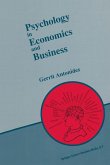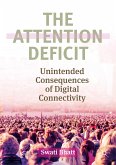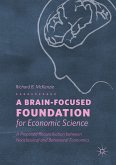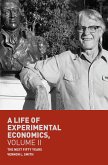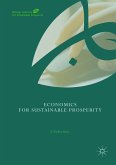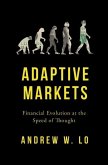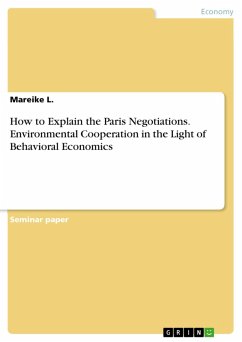In this book, the author attempts to construct a bridge between the basic theory of time discounting, especially as of hyperbolic discounting, and empirically observed "irrational (non-classical)" behavior in the various contexts just mentioned. The empirical validity of the theory is discussed using unique micro data a
s well as public macro data. The book proposes prescriptions for individual decision makers, whether sophisticated or naïve, to make better choices in self-control problems, and also provides policy makers with useful advice for influencing people's decision making in the right directions.
This work is recommended not only to general readers who seek to learn how to attain better self-regulation under self-control problems. It also helps researchers who seek an overview of positive and normative implications of hyperbolic discounting, and thereby reconstruct economic theory for a better understanding of actual human behavior and the resulting economic dynamics
.
Normal 0 false false false EN-US JA X-NONE tion Locked="false" Priority="32" SemiHidden="false" UnhideWhenUsed="false" QFormat="true" Name="Intense Reference"/>
Dieser Download kann aus rechtlichen Gründen nur mit Rechnungsadresse in A, B, BG, CY, CZ, D, DK, EW, E, FIN, F, GR, HR, H, IRL, I, LT, L, LR, M, NL, PL, P, R, S, SLO, SK ausgeliefert werden.



